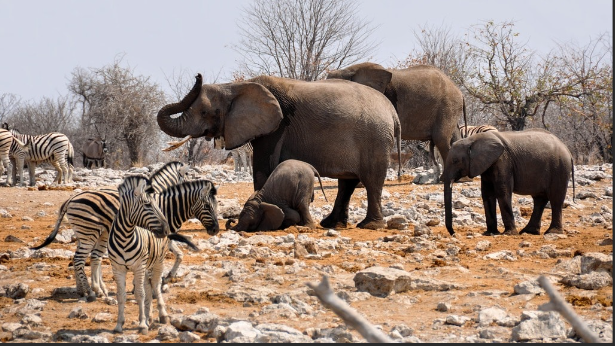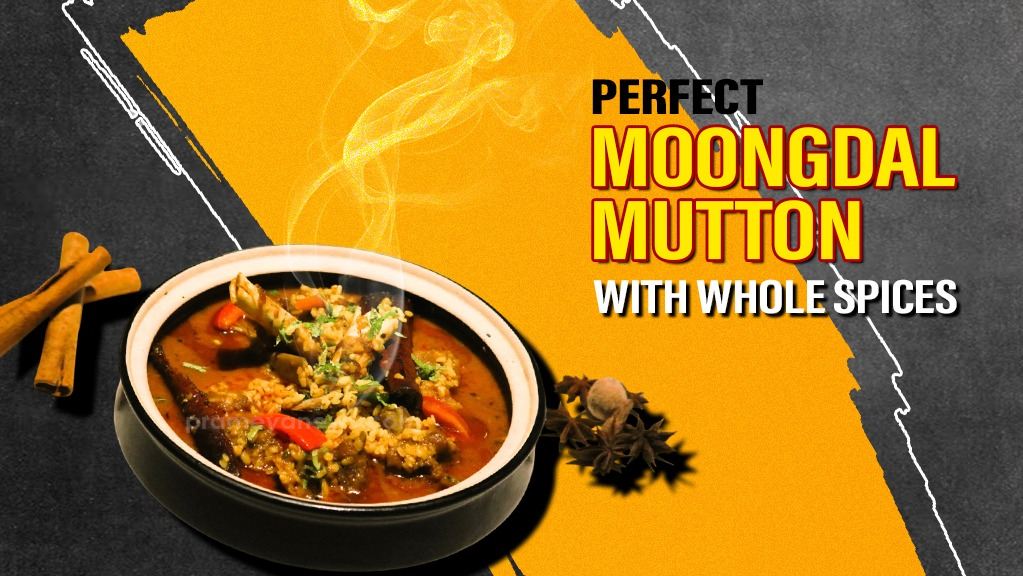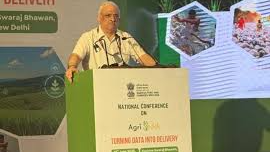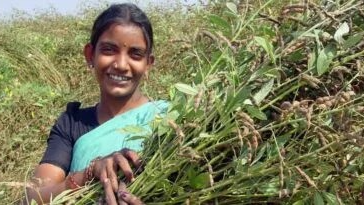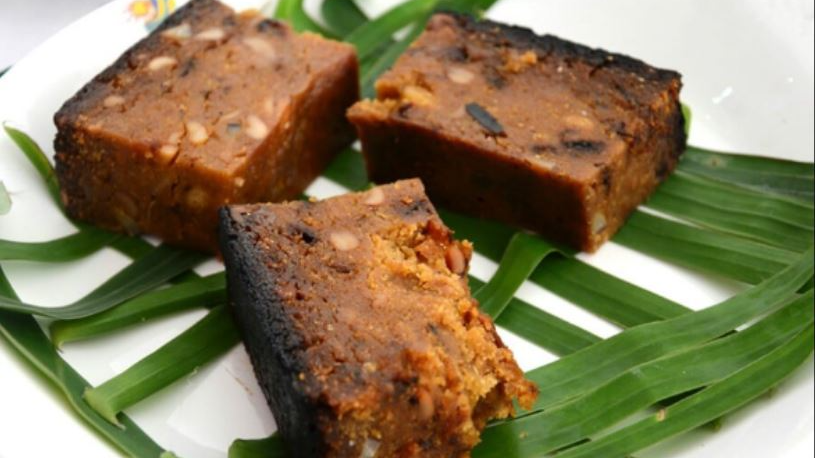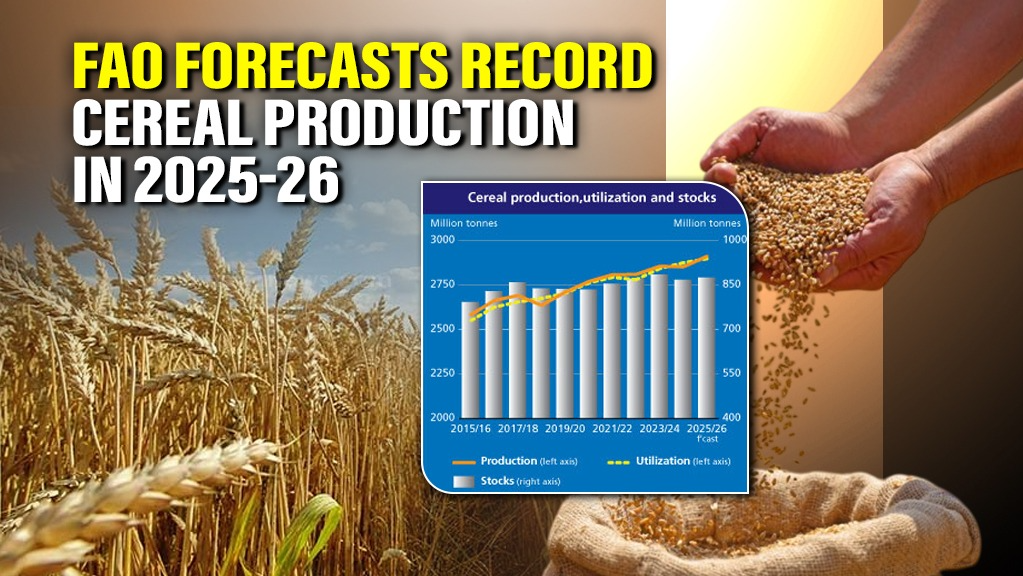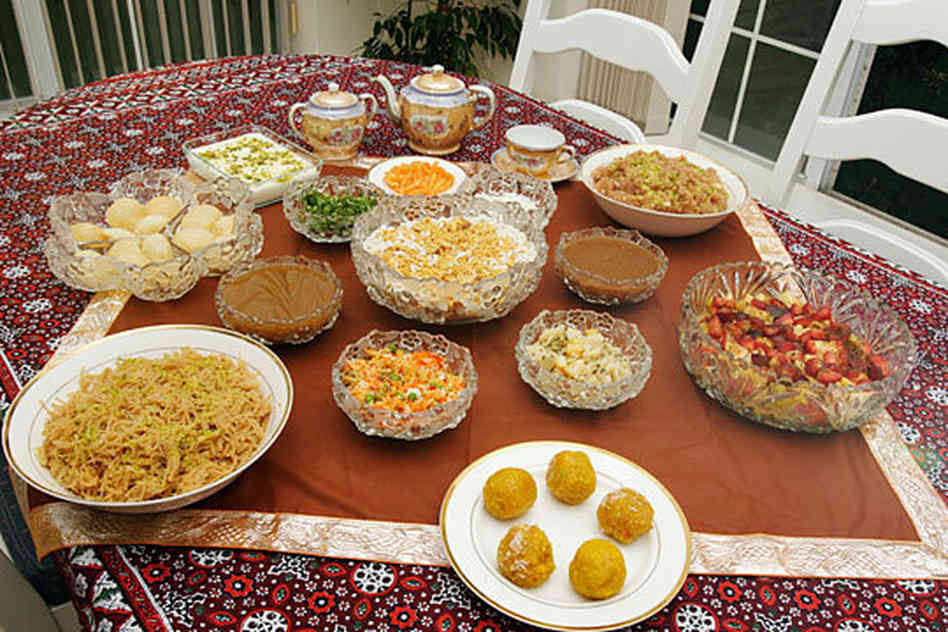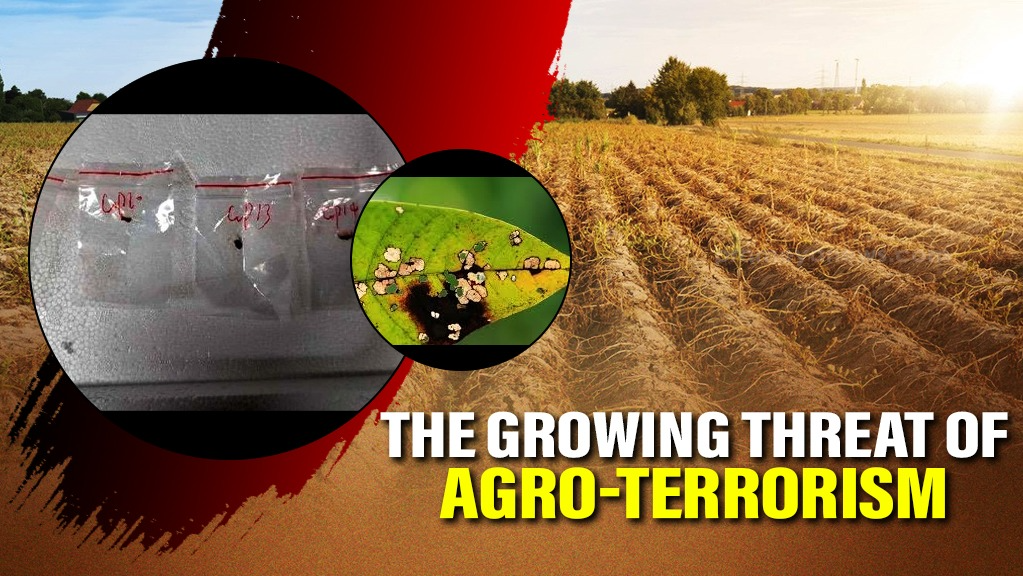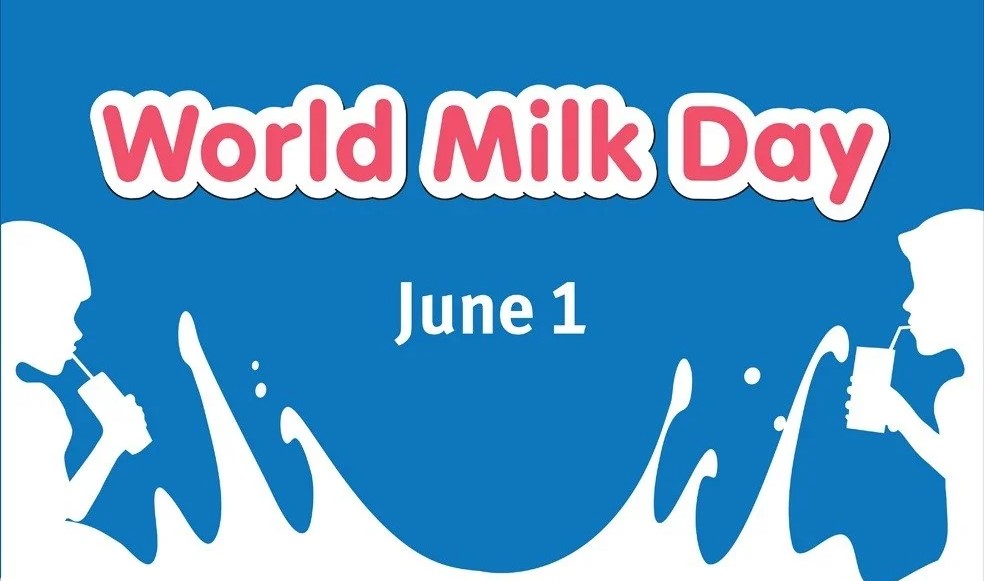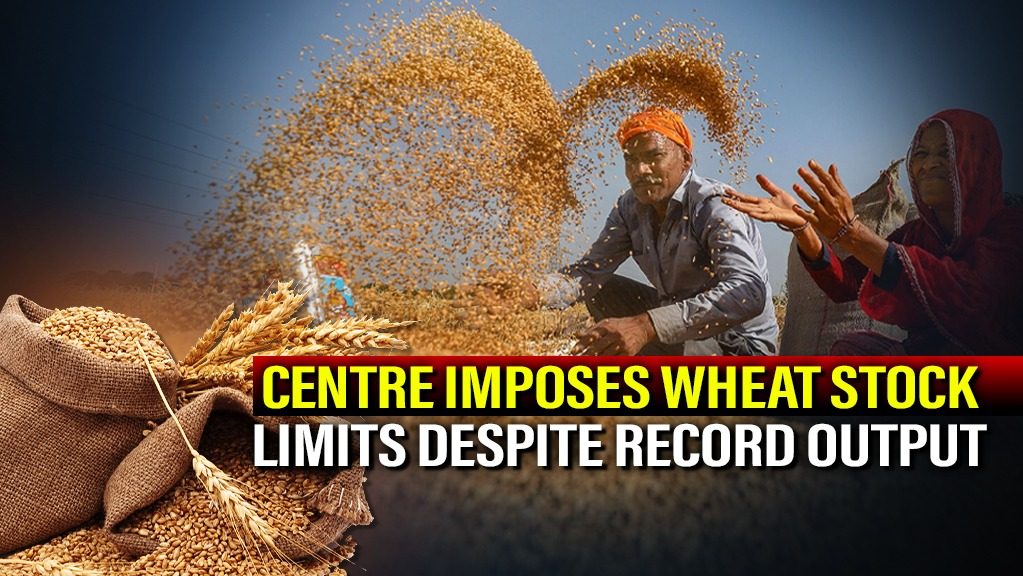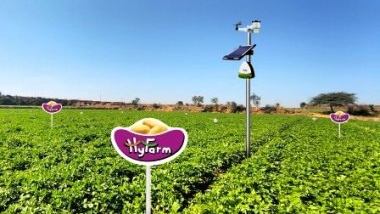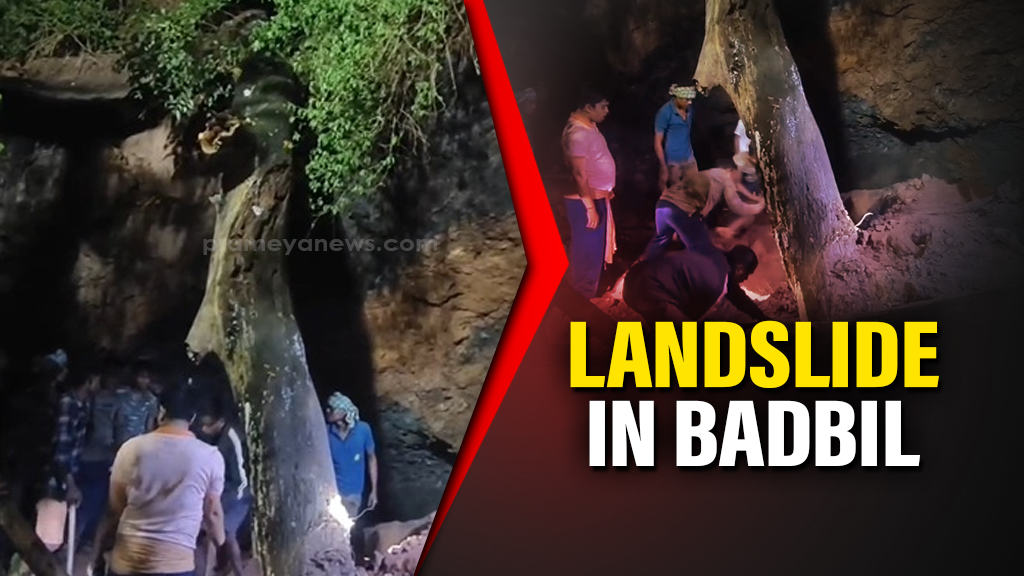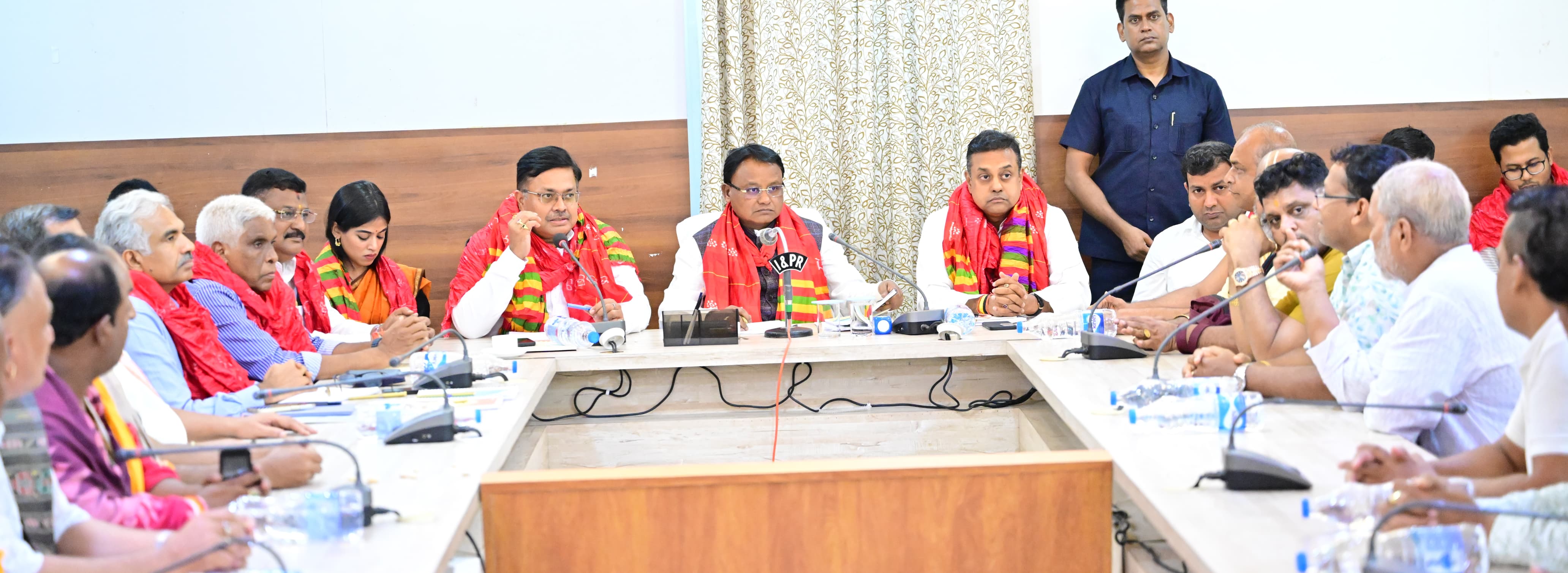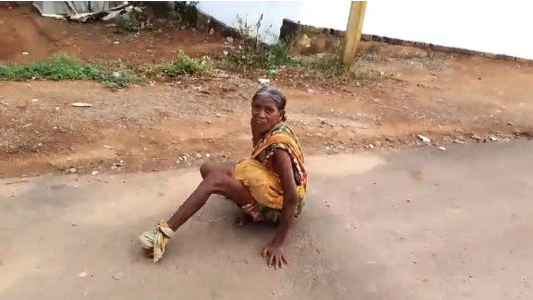New Delhi, Sept 19: Gone are the days, when the primitive human being was living on raw flesh of beasts and animals. Now the Homo Sapien of the prehistoric era has been civilized across evolutions, that is living on nutritional dietary provisions for a healthy and sustainable life.
At a time when the World Health Organisation's (WHO) Food Security Program is ensuring at least essential food and nutrients to the people across the world, Namibia, a country known for its sprawling deserts and striking wildlife, is facing an acute food crisis and struggling for an ounce of pure drinking water.
No food to eat and even no suffice water to drink to ones heart’s content for a normal metabolism to save at least the life for a few days, has wreaked havoc across the land.
With no rain for years and subsequent droughts in a century, has made Namibia’s situation the worst, giving rise to acute scarcity of food grains and drinking water.
With no option ahead, to feed the people of the earth, the Namibia government has recently decided to feed the countrymen with animal’s meat to save their valuable lives. It is why the government plans to cull over 700 wild animals including elephants, hippos, buffaloes, and zebras among them and distribute the meat to those struggling with severe food insecurity.
Sources said, the meat will be equitably supplied and disseminated among the hungers in packets.
The Ministry of Environment, Forestry, and Tourism of the South African country announced the culling on Monday, describing it as a necessary move to alleviate the country’s escalating drought impacts.
Among the animals set to be killed are 83 elephants, 30 hippos, 60 buffalo, 50 impala, 100 blue wildebeest, and 300 zebras. These animals will be taken from national parks and communal lands where their numbers are deemed “sustainable,” and professional hunters will carry out the cull.
Namibia declared a state of emergency in May as drought conditions worsened, leaving an estimated 1.4 million people—nearly half the population—facing acute food shortages. The government hopes that by reducing wildlife populations, it can lessen the demand on already strained water resources and prevent potential conflicts between humans and wildlife over dwindling food and water supplies.
The culling program is not just about preserving resources; it is also a bid to provide immediate food relief. Meat from the culled animals will be distributed to those most affected by the drought, particularly in rural areas where food scarcity is at its worst.
So far, over 150 animals have been killed, yielding more than 125,000 pounds of meat for the drought relief program.
Worth mentioning, Namibia, one of the deserted lands of the South African Continent suffers from a serious level of hunger, ranking 78th out of 116 countries according to the 2022 Global Hunger Index.
Over a fifth of people were unemployed in 2021, mostly women and youth. The country imports up to 80 percent of its food, as not all goods can be sourced locally, due to dearth of rainwater and other natural sources.
According to a recent assessment carried out following the 2012/13 drought situation, an estimated 330, 925 people are languishing under acute food insecurity, 447, 577 moderately food insecure and 859, 898 food secure, with food insecurity more prevalent in the north-western regions mainly due to prevailing chronic poverty and droughts.
The proactive measure of the government machinery, have invited criticism from the environmental fraternities from across the world. Environmental activists have feared that the ecological balance and food chain of the sub-continent will be hampered whereas some species of wildlife will be either go extinct or become red-listed with excessive savage on the kinds.
On the other hand, the forest and environment department’s logic on the instant measure is that, the culling of some giant wildlife those are consuming more plants, green leaves and water from the habitat can save a substantial quantity of stream and ravine water, which in turn will recharge the groundwater level for yielding newer corns and food grains. It will also help eradicating portable drinking water crisis in the habitat surrounded by forests.







